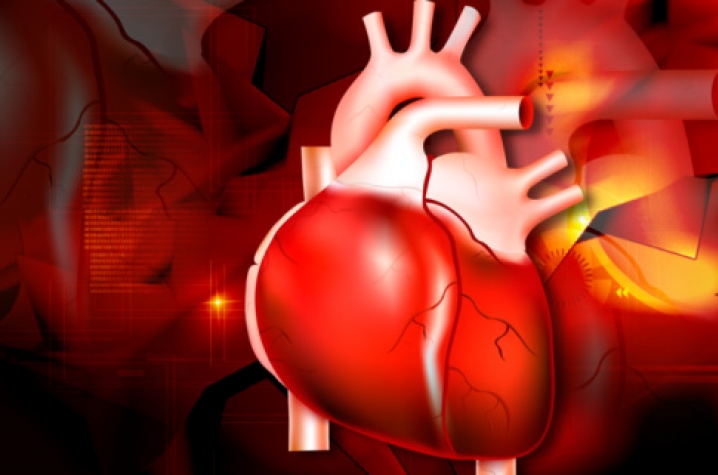Hope for Patients With Heart Failure

LEXINGTON, Ky. (July 13, 2011) — The following health column appeared in the Lexington Herald-Leader on Sunday, July 10.
With heart failure on the rise, therapies, devices offer hope
By Dr. Navin Rajagopalan
Heart failure is becoming an epidemic in the United States. The American Heart Association estimates that more than 5 million people in this country suffer from heart failure. Unfortunately, this number is increasing.
In heart failure, the heart is not able to pump enough blood to meet the body’s needs. The most common cause of heart failure is a previous heart attack (also called myocardial infarction) that damages a large portion of the heart, leaving it weakened. Heart failure also can be caused by hereditary factors, or associated with pregnancy or medications such as those used in chemotherapy.
The most common symptoms of heart failure are shortness of breath, swelling of the feet or legs, and decreased exercise tolerance. Sometimes patients report just a sensation of getting tired easily. Symptoms can range from mild to severe, with some people requiring hospitalization. Other diseases can cause these symptoms, so a doctor will need to get a complete history and perform a physical to determine whether a patient is suffering from heart failure. Tests such as an echocardiogram and a heart catheterization are used to determine a diagnosis .
Three main therapies are used to treat heart failure: medical therapy, heart transplantation and ventricular assist devices .
Medical therapy for heart failure has advanced tremendously during the past 20 years. Medications have helped patients feel better and live longer. In some cases, medications alone can cause the heart to become stronger. Reducing salt intake and increasing exercise are also important. In some situations, a cardiologist might recommend a defibrillator or pacemaker.
Unfortunately, for some patients, medications do not work. Those patients might be candidates for heart transplantation. Heart transplantation has proved to be an excellent therapy for end-stage heart failure, with the majority of patients resuming normal lifestyles and many patients living 15 or 20 years after transplantation.
However, transplantation is limited by the availability of donor organs. Only 2,500 heart transplants are performed yearly in the United States. Given the number of people suffering from heart failure, this clearly is not a resource for everyone. For this reason, mechanical hearts and heart pumps are actively being developed to help provide help to more patients.
Recently, ventricular assist devices have gained widespread acceptance as a suitable therapy for severe heart failure. A VAD is a surgically implanted pump that assists the heart in pumping blood to the rest of the body. It is placed internally and is powered via batteries a patient wears during the day. These devices have helped numerous patients regain a normal quality of life equal to that of a heart transplant recipient. Patients are able to work full-time and enjoy recreational activities . For patients with end-stage heart failure, VAD therapy has allowed them to live longer.
Whether a patient and their doctor use medication, transplantation or a VAD, there is hope with heart failure.
Dr. Navin Rajagopalan is director of the Heart Failure Clinic at UK HealthCare’s Gill Heart Institute.




